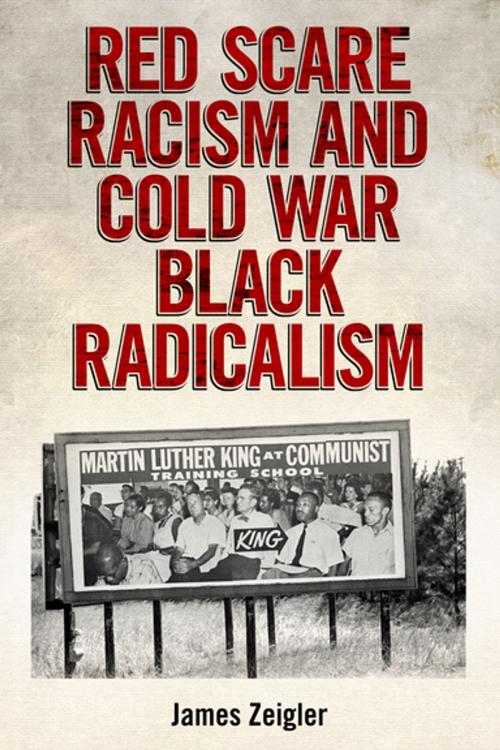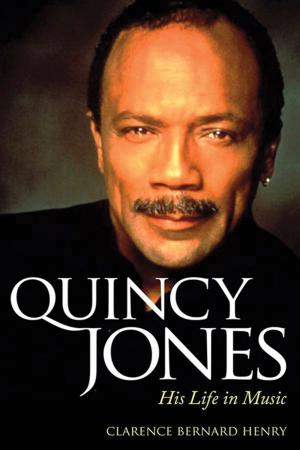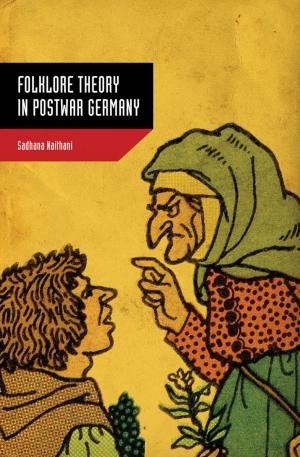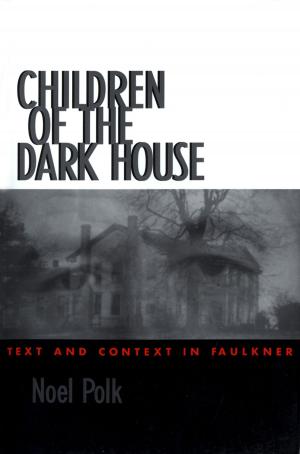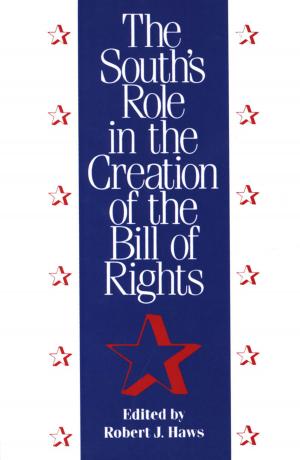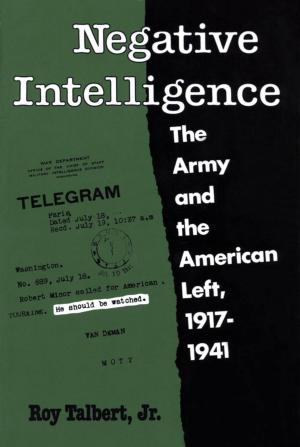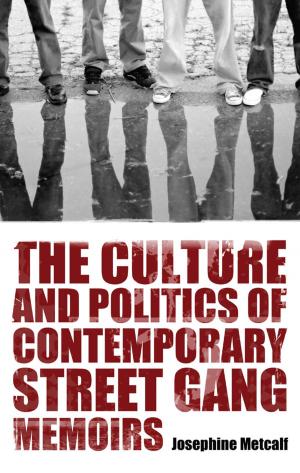Red Scare Racism and Cold War Black Radicalism
Nonfiction, Reference & Language, Language Arts, Public Speaking, Rhetoric, Social & Cultural Studies, Social Science, Cultural Studies, African-American Studies, History, Americas, United States, 20th Century| Author: | James Zeigler | ISBN: | 9781496802392 |
| Publisher: | University Press of Mississippi | Publication: | August 14, 2015 |
| Imprint: | University Press of Mississippi | Language: | English |
| Author: | James Zeigler |
| ISBN: | 9781496802392 |
| Publisher: | University Press of Mississippi |
| Publication: | August 14, 2015 |
| Imprint: | University Press of Mississippi |
| Language: | English |
During the early years of the Cold War, racial segregation in the American South became an embarrassing liability to the international reputation of the United States. For America to present itself as a model of democracy in contrast to the Soviet Union's totalitarianism, Jim Crow needed to end. While the discourse of anticommunism added the leverage of national security to the moral claims of the civil rights movement, the proliferation of Red Scare rhetoric also imposed limits on the socioeconomic changes necessary for real equality.
Describing the ways anticommunism impaired the struggle for civil rights, James Zeigler reconstructs how Red Scare rhetoric during the Cold War assisted the black freedom struggle's demands for equal rights but labeled "un-American" calls for reparations. To track the power of this volatile discourse, Zeigler investigates how radical black artists and intellectuals managed to answer anticommunism with critiques of Cold War culture. Stubbornly addressed to an American public schooled in Red Scare hyperbole, black radicalism insisted that antiracist politics require a leftist critique of capitalism.
Zeigler examines publicity campaigns against Dr. Martin Luther King Jr.'s alleged Communist Party loyalties and the import of the Cold War in his oratory. He documents a Central Intelligence Agency-sponsored anthology of ex-Communist testimonials. He takes on the protest essays of Richard Wright and C. L. R. James, as well as Frank Marshall Davis's leftist journalism. The uncanny return of Red Scare invective in reaction to President Obama's election further substantiates anticommunism's lasting rhetorical power as Zeigler discusses conspiracy theories that claim Davis groomed President Obama to become a secret Communist. Long after playing a role in the demise of Jim Crow, the Cold War Red Scare still contributes to the persistence of racism in America.
During the early years of the Cold War, racial segregation in the American South became an embarrassing liability to the international reputation of the United States. For America to present itself as a model of democracy in contrast to the Soviet Union's totalitarianism, Jim Crow needed to end. While the discourse of anticommunism added the leverage of national security to the moral claims of the civil rights movement, the proliferation of Red Scare rhetoric also imposed limits on the socioeconomic changes necessary for real equality.
Describing the ways anticommunism impaired the struggle for civil rights, James Zeigler reconstructs how Red Scare rhetoric during the Cold War assisted the black freedom struggle's demands for equal rights but labeled "un-American" calls for reparations. To track the power of this volatile discourse, Zeigler investigates how radical black artists and intellectuals managed to answer anticommunism with critiques of Cold War culture. Stubbornly addressed to an American public schooled in Red Scare hyperbole, black radicalism insisted that antiracist politics require a leftist critique of capitalism.
Zeigler examines publicity campaigns against Dr. Martin Luther King Jr.'s alleged Communist Party loyalties and the import of the Cold War in his oratory. He documents a Central Intelligence Agency-sponsored anthology of ex-Communist testimonials. He takes on the protest essays of Richard Wright and C. L. R. James, as well as Frank Marshall Davis's leftist journalism. The uncanny return of Red Scare invective in reaction to President Obama's election further substantiates anticommunism's lasting rhetorical power as Zeigler discusses conspiracy theories that claim Davis groomed President Obama to become a secret Communist. Long after playing a role in the demise of Jim Crow, the Cold War Red Scare still contributes to the persistence of racism in America.
